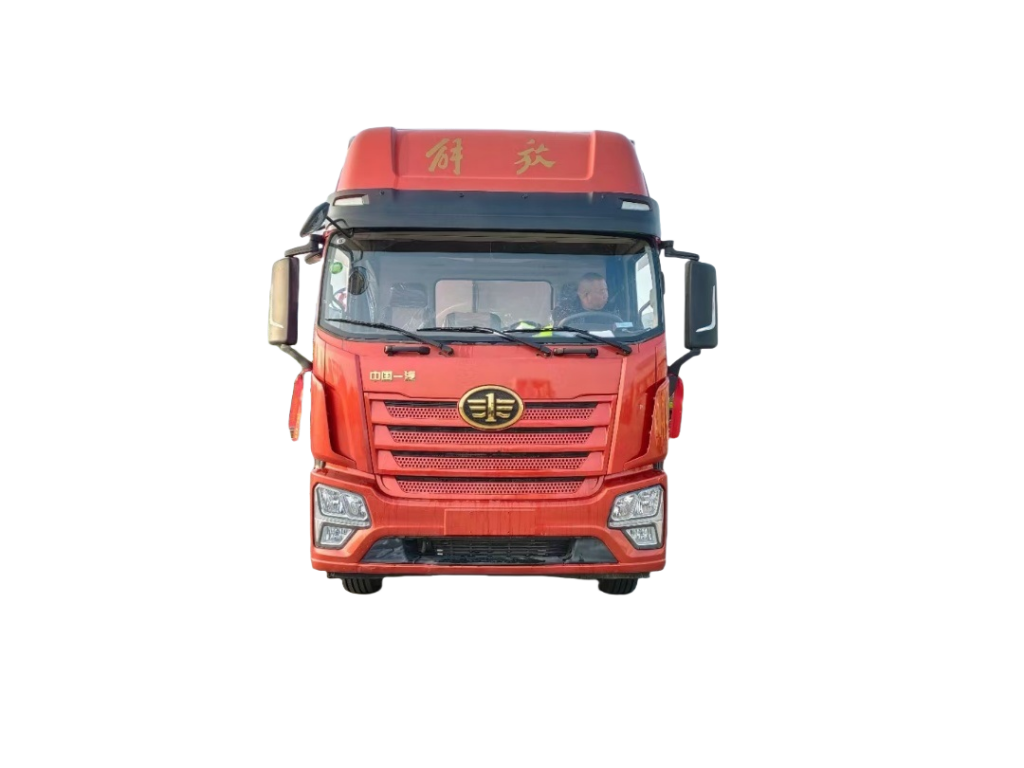The Future of Work Truck Trailer Electric Vehicles A Sustainable Solution for the Modern World

Introduction
In recent years, the transportation industry has been undergoing a significant shift towards sustainability and environmental consciousness. One of the areas that have seen rapid development is the adoption of electric vehicles (EVs) for various purposes, including work trucks and trailers. Work truck trailer electric vehicles offer a promising solution to reduce greenhouse gas emissions, lower operational costs, and improve overall efficiency in the logistics and transportation sector. This article explores the current state of work truck trailer electric vehicles, their benefits, challenges, and the future outlook for this innovative technology.
The Rise of Electric Vehicles in the Transportation Industry
The transportation industry is a major contributor to greenhouse gas emissions, with heavy-duty trucks and trailers playing a significant role in this environmental impact. In response to the growing concerns about climate change and air pollution, governments, businesses, and consumers are increasingly turning to electric vehicles as a cleaner and more sustainable alternative to traditional combustion engine vehicles.
Electric vehicles have made significant strides in recent years, with advancements in battery technology, charging infrastructure, and government incentives driving their widespread adoption. Passenger cars have been at the forefront of this transition, with many major automakers introducing electric models to their lineup. However, the adoption of electric technology in the commercial trucking sector has been slower due to the unique challenges and requirements of heavy-duty vehicles.
Work Truck Trailer Electric Vehicles: An Overview
Work truck trailer electric vehicles are a specific category of electric vehicles designed for commercial use, particularly in the transportation of goods and materials. These vehicles encompass a wide range of applications, including delivery trucks, semi-trucks, utility vehicles, and trailers. The transition to electric power for work trucks and trailers offers a host of benefits, both in terms of environmental impact and operational efficiency.
Benefits of Work Truck Trailer Electric Vehicles
1. Boom truck winter operation : One of the primary reasons for the adoption of work truck trailer electric vehicles is their significantly lower environmental impact compared to traditional diesel-powered vehicles. Electric vehicles produce zero tailpipe emissions, reducing air pollution and greenhouse gas emissions that contribute to climate change.
2. Cost Savings: Electric vehicles have lower operating costs compared to diesel vehicles due to the lower cost of electricity compared to diesel fuel. Additionally, electric vehicles have fewer moving parts, resulting in reduced maintenance costs over the vehicle's lifetime.
3. Energy Efficiency: Electric vehicles are more energy-efficient than internal combustion engine vehicles, with electric motors converting a higher percentage of energy from the battery into motion. This increased efficiency translates to lower energy consumption and reduced operating costs for businesses.
4. Quiet Operation: Electric vehicles operate more quietly than diesel vehicles, reducing noise pollution in urban areas and making them ideal for night-time deliveries or sensitive environments.
Challenges of Work Truck Trailer Electric Vehicles
While work truck trailer electric vehicles offer numerous benefits, there are also challenges that need to be addressed to accelerate their adoption and integration into the transportation industry.

1. Infrastructure: One of the biggest challenges for electric vehicles, including work trucks and trailers, is the availability of charging infrastructure. The current charging network is not yet extensive enough to support the widespread adoption of electric vehicles, especially for long-haul trucking operations.
2. Range Limitations: Electric vehicles typically have a shorter range compared to diesel vehicles, which can be a limiting factor for long-haul transportation. While advancements in battery technology are extending the range of electric vehicles, there is still a need for further innovation to address this issue.
3. Initial Cost: The upfront cost of electric work truck trailer vehicles is higher than traditional diesel vehicles, primarily due to the cost of batteries. While the total cost of ownership over the vehicle's lifetime may be lower, the initial investment can be a barrier for some businesses.
4. Regulatory Environment: The regulatory environment for electric vehicles varies by region, with different incentives, mandates, and regulations affecting the adoption of electric work truck trailer vehicles. Clear and consistent policies are needed to support the transition to electric vehicles and ensure a level playing field for businesses.
Future Outlook for Work Truck Trailer Electric Vehicles
Despite the challenges, the future outlook for work truck trailer electric vehicles is promising, with rapid advancements in technology and increasing support from governments, businesses, and consumers. Key trends shaping the future of electric vehicles in the transportation industry include:
1. Advancements in Battery Technology: Improved battery technology, including higher energy density, faster charging capabilities, and longer lifespan, will be critical in addressing the range limitations of electric work truck trailer vehicles.
2. Expansion of Charging Infrastructure: The continued expansion of charging infrastructure, including fast chargers along key transportation routes and in urban areas, will be essential to support the widespread adoption of electric vehicles.
3. Electrification of Fleets: Many businesses are investing in the electrification of their fleets, including work trucks and trailers, to reduce their carbon footprint and lower operating costs. Fleet electrification programs are expected to accelerate the adoption of electric vehicles in the commercial sector.
4. Collaboration and Partnerships: Collaboration between government agencies, automakers, technology providers, and fleet operators will be crucial in driving innovation and overcoming the challenges facing work truck trailer electric vehicles. Partnerships that leverage the strengths of different stakeholders can help accelerate the transition to a sustainable transportation system.
Conclusion
Work truck trailer electric vehicles represent a sustainable solution for the modern world, offering numerous benefits in terms of environmental impact, cost savings, and operational efficiency. While there are challenges that need to be addressed, the rapid advancements in technology and increasing support from stakeholders indicate a bright future for electric vehicles in the transportation industry. By overcoming barriers such as infrastructure, range limitations, and initial costs, work truck trailer electric vehicles have the potential to revolutionize the way goods and materials are transported, paving the way for a cleaner and more sustainable future.
